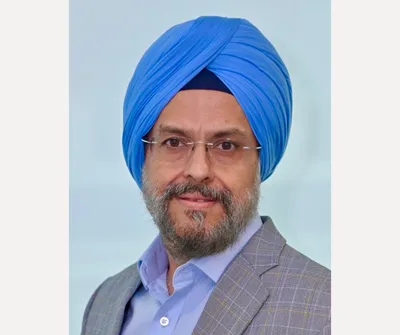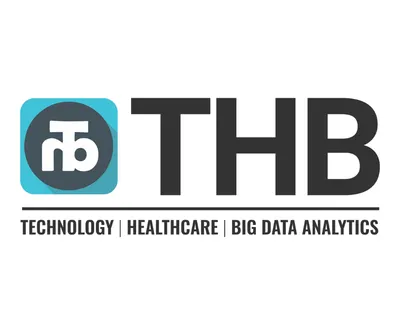For example, in a med-tech company with 200 reps in India, where 20% of reps outperform the others this illustrates the 80/20 rule. Similarly, one brand within a company might dominate the market while another struggles – this gap can also appear across sales channels or regions.
So, the objective of commercial excellence is to look at possibilities of maximizing performance across reps, brands, channels or geographies to boost company revenue by understanding what's possible given market conditions and resource constraints.
Do you see organizations investing in this function?
The Commercial Excellence Officer role is evolving, historically National Sales Heads or CMOs were expected to handle this role. However, as technology & data becomes critical to delivering better customer experience, there’s a growing recognition that current marketing or sales leaders may not have the needed experience & expertise to drive higher through-put to maximise revenues or drive higher go-to-market efficiencies.
Today, some global multinationals & pharma companies from India have fairly developed commercial excellence functions as they are integrating data-driven insights into their global strategies, much of which is driven by teams in India. Consulting firms like ZS Associates, Axtria, and Indegene are also making progress in this area, though the industry is still in its early stages.
Could you share more about how technology, Commercial Excellence and healthcare intersect?
Many healthcare companies are still running their business on legacy systems that typically support the purchase-to-pay and produce-to-sell cycles, reflecting a manufacturing or sales-focused mindset, versus adopting a data-driven approach. This contrasts with retail, where data is analyzed based on customer interactions, purchasing patterns, and basket composition. In my view, e-pharmacies or a digitally driven customer interaction ecosystem have a deeper understanding of their customers than traditional pharmaceutical companies or providers. This is a competitive advantage as improved insights allow for delivering better customer experiences
Commercial Excellence should not only solve present challenges but also set a long-term vision for integrating data with the right technology stack to provide a full 360-degree customer view. Without the right technology & data architecture, achieving desired outcomes will be difficult. As we move forward, AI-enabled tools will play a huge role in supporting decision-making through predictive & prescriptive analytics.





